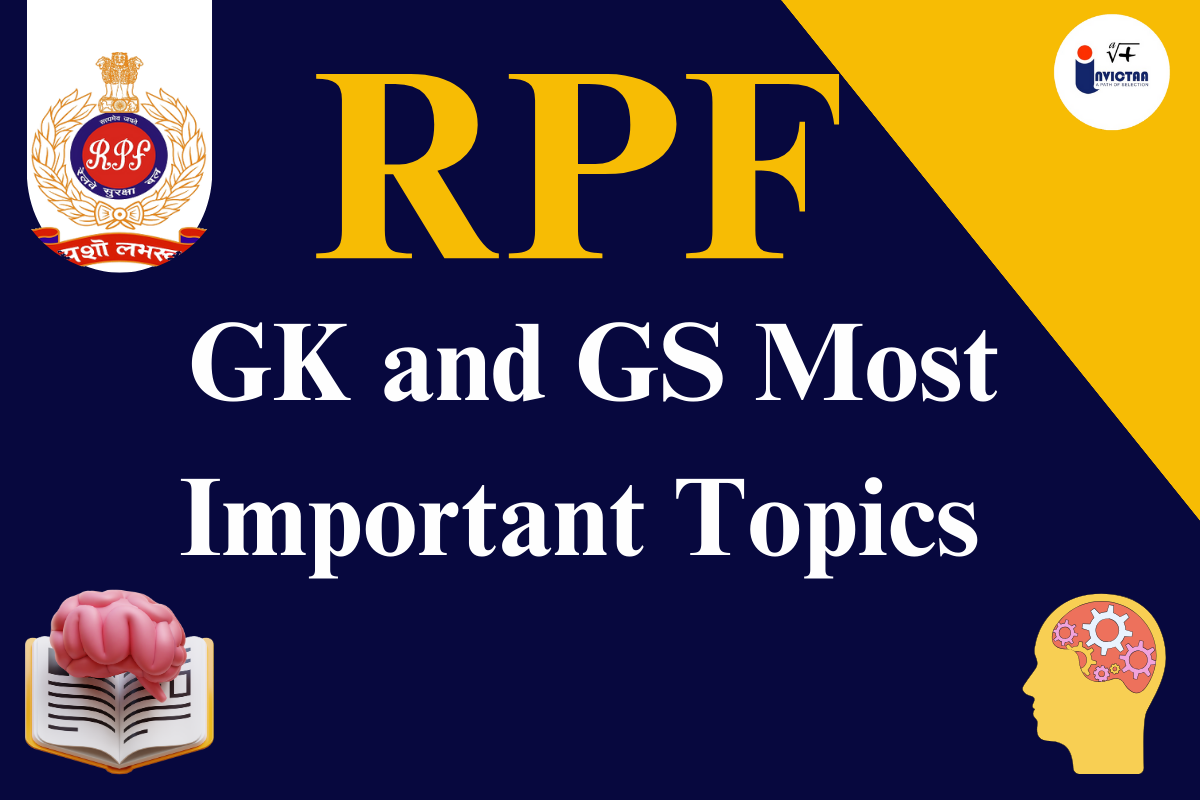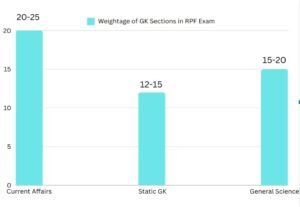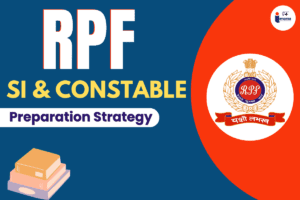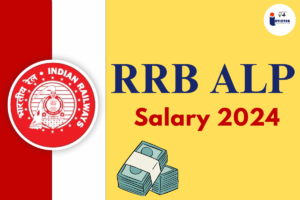RPF GK and GS Most Important Topics: Candidates who are preparing for the Railway Protection Force (RPF) exam, can be challenging, especially when it comes to the General Knowledge (GK) and General Science (GS) sections. These sections carry significant weight in the overall exam and test your knowledge and understanding of various subjects in the RPF exam. To pass the RPF exam, it is essential for candidates to focus on certain important topics that are frequently asked in exams in previous years.
In this article, we will cover the RPF GK and GS Most Important Topics you need to study for the GK/GS sections of the RPF exam. These include subjects like Indian History, Geography, Polity, Economy, General Science, and Current Affairs. By focusing on these key topics, you can maximize your chances of passing the RPF exam in upcoming attempts.
1. Indian History
Indian History topics are a crucial part of the RPF GK and GS Most Important Topics. It can be divided into three sections: Ancient, Medieval, and Modern History.
Ancient History: Candidates should focus on important topics like the Indus Valley Civilization, the Vedic Age, and major dynasties such as the Mauryas and Guptas in Indian history. Candidates should focus on traditional culture and their life living in that era.
Medieval History: Candidates should study about Delhi Sultan, the Mughal Empire, regional kingdoms, and other empires. Candidates should also focus on Key battles like the Battle of Panipat and famous rulers like Akbar and Aurangzeb are important for Medieval history.
Modern History: This is the RPF GK and GS Most Important Topics and part of Indian history, especially focusing on the Indian freedom struggle, including events like the Revolt of 1857, the Non-Cooperation Movement, and leaders like Mahatma Gandhi, Subhas Chandra Bose, and Bhagat Singh and their ideology.
2. Indian Geography
Geography is another important subject in the RPF GK and GS Most Important Topics. Most questions are primarily based on Indian geography; however, some may contain world geography also.
India’s Physical Geography: Familiarity with the major aspects of India’s physical geography-the Himalayas, the Northern Plains, the Deccan Plateau, rivers, and deserts- would be very helpful in the RPF exam.
Rivers and Lakes: A candidate must know the RPF GK and GS Most Important Topics in rivers and lakes, such as Ganga, Yamuna, Brahmaputra, and Godavari. And apart from them, some of the major lakes include Chilika, Dal, and Wular.
Climate and Resources: Discuss the various climatic zones of India, monsoons and natural resources, iron ore and petroleum, etc.
World Geography: While the emphasis will be quite rightly on India, a general sense of the continents, oceans, and landforms-the Alps, Andes, Sahara Desert, etc.
3. Indian Polity
Indian Polity is a must-to-do topic for the RPF GK and GS Most Important Topics since questions are asked more about the Constitution and the government.
Indian Constitution: The Indian Constitution demands acquaintance with the basic elements of the Preamble, Fundamental Rights, Directive Principles of State Policy, and Fundamental Duties.
Union and State Government: Observe how the Union Government the President, Prime Minister, and Parliament function and how State Governments, including the Governor, Chief Minister, and State Legislatures work in India.
Judiciary General information: candidates should focus on the Indian judicial system, the structure of the Supreme Court and High Courts, and their jurisdiction and powers and landmark judgments.
Important Articles and Amendments: Articles like 14-same law towards everybody, 19-speech and 21-right to life, and important amendments like the 42nd and 44th should be remembered.
4. Indian Economy
General knowledge of basic economic principles is required for the RPF exam. Questions are generally related to Indian economic policies and current trends which is RPF GK and GS Most Important Topics.
Basic Terms: Get familiarized with terms such as GDP, inflation, and fiscal deficit.
Five-Year Plans and NITI Aayog: This module constitutes a study of Indian economic planning with special emphasis on the Five-Year Plans, and the developments in the post-Naidu NITI Aayog role.
The banking and finance sector: The banking and finance sector deals with the study of the Indian Banking System, functions of the Reserve Bank of India, and terminology like Repo Rate, CRR, and SLR.
Government Schemes: The major schemes that are always on your mind, such as Digital India, Pradhan Mantri Jan Dhan Yojana, and Make in India, keep coming in the schemes of the RPF exam.
5. General Science
This RPF GK and GS Most Important Topics in GS are truly based on the fundamental principles from Physics, Chemistry, and Biology, typically through at least the 10th-grade level.
Physics: Physics encompasses various fundamental topics, including the laws of motion, electricity, light, and magnetism.
Chemistry: Chemistry involves basic concepts, among them: the periodic table, chemical reactions, elements, and compound properties, among others.
Biology: Biology involves rather very important concepts that cover man’s anatomy, nutrition, diseases, and plant biology. You should be aware of man’s circulatory system, the respiratory system, and major diseases such as malaria and dengue.
6. Current Affairs
Current Affairs is one of the scoring areas of the RPF exam and as a perspective to RPF GK and GS Most Important Topics, candidates must know the current national as well as international happenings.
National Events: RPF GK and GS Most Important Topics in current affairs include important government policies, recent appointments of significance, important awards, and national sports events.
International Events: Track major recent international events, treaties, and summits that may impact the company and its operations.
scientific discoveries: Know what’s happening in space exploration, how advancements in defense technologies are being made, and what other scientific discoveries are hitting the headlines.
Static GK Weightage in RPF Exams
Hence, every RPF exam has the General Knowledge section as an essential constituent. However, the total number of questions in RPF is 50, but CHSL has 45 questions, and MTS has 25. Thus, candidates should not minimize the value of this section of the exam.
- Current events consist of the greater part of the General Knowledge section, so candidates must be updated on all recent events including national and international.
- Static GK is pretty small in weightage, but a big requirement for basic knowledge needed in the examination.
- General Science also comes with topics that relate to scientific principles that must be known by the candidate.
| Section | Weightage (Marks) | Percentage of Total GK |
| Current Affairs | 20-25 | 40-50% |
| Static GK | 12-15 | 25-30% |
| General Science | 15-20 | 30-35% |
| Total GK Marks | 50 | 100% |
Also read: RPF SI Salary 2024
RPF GK and GS Most Important Topics FAQs
Q1 What are the most important topics in Current Affairs in the RPF exam?
Ans topics like recent national and international events, government schemes, and scientific advancements are important for the RPF exam.
Q2 What are the most important topics in Indian Geography for the RPF exam?
Ans topics like mountains, rivers, climate zones, and natural resources are important for the RPF exam.
Q3 Which areas of Indian Polity are important for the RPF exam?
Ans it includes the Constitution, Fundamental Rights, Parliament, and the Judiciary.






